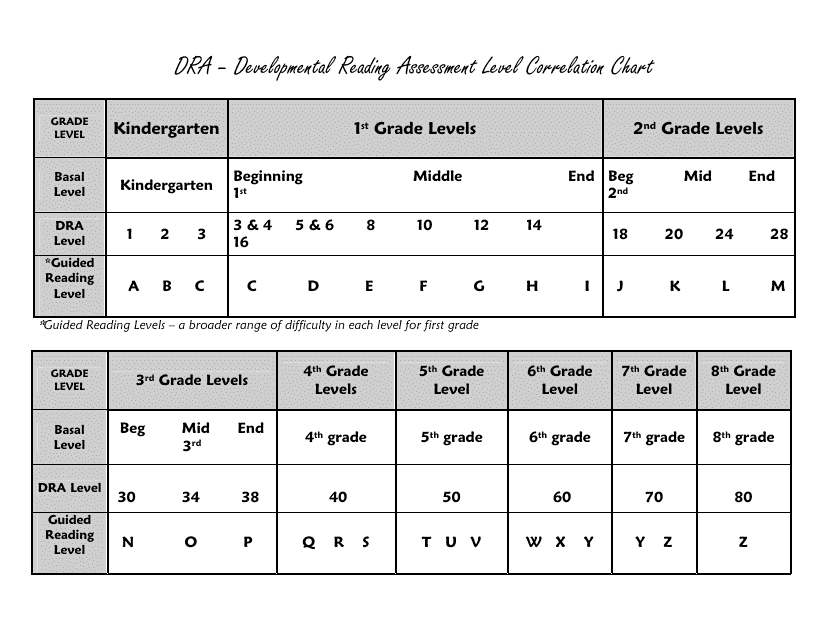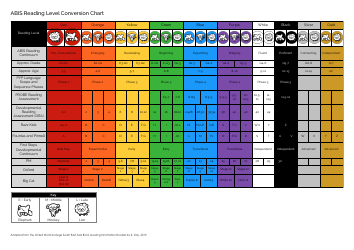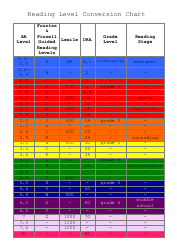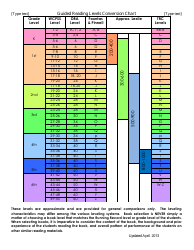Dra - Developmental Reading Assessment Level Correlation Chart
The Developmental Reading Assessment (DRA) Level Correlation Chart is used to match a student's DRA level to their approximate reading grade level. It helps educators assess and monitor a student's reading progress and determine appropriate reading materials for them.
FAQ
Q: What is the Dra?
A: The DRA is the Developmental Reading Assessment.
Q: What is the purpose of the DRA?
A: The purpose of the DRA is to evaluate a student's reading level and track their progress over time.
Q: What is the DRA Level Correlation Chart?
A: The DRA Level Correlation Chart is a tool that helps determine the equivalent reading level across different reading assessment systems.
Q: How does the DRA Level Correlation Chart work?
A: The DRA Level Correlation Chart provides a guide to find matching reading levels between the DRA and other assessment systems, such as Lexile or Fountas & Pinnell.
Q: Why is the DRA Level Correlation Chart important?
A: The DRA Level Correlation Chart allows educators to compare student reading levels across different assessment systems, facilitating communication between teachers and ensuring appropriate reading materials are provided.
Q: Is the DRA Level Correlation Chart standardized?
A: No, the DRA Level Correlation Chart is not standardized and may vary depending on the source or publisher.
Q: Can the DRA Level Correlation Chart be used for all grade levels?
A: Yes, the DRA Level Correlation Chart can be used for all grade levels, from early readers to high school students.
Q: Can the DRA Level Correlation Chart be used in both the US and Canada?
A: Yes, the DRA Level Correlation Chart can be used in both the US and Canada, as it is a widely recognized tool for assessing reading levels.




